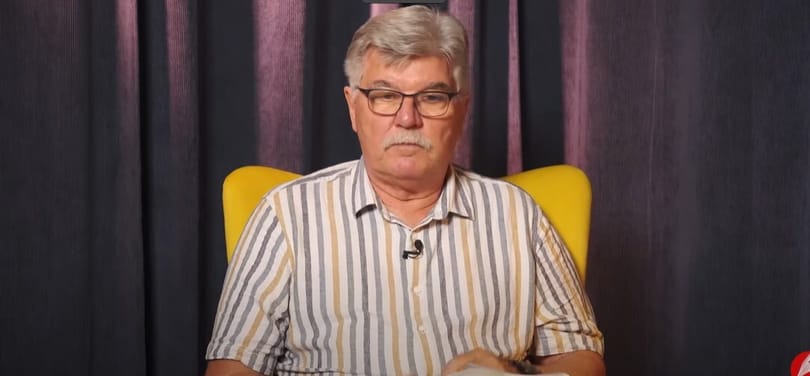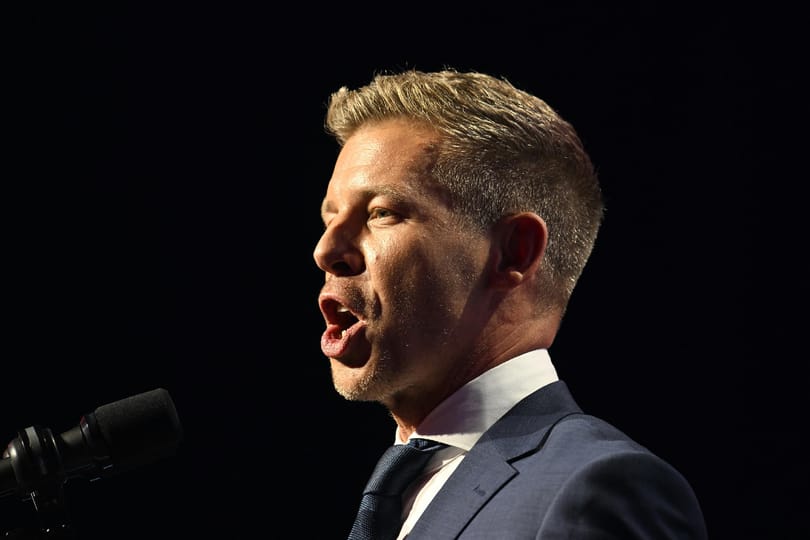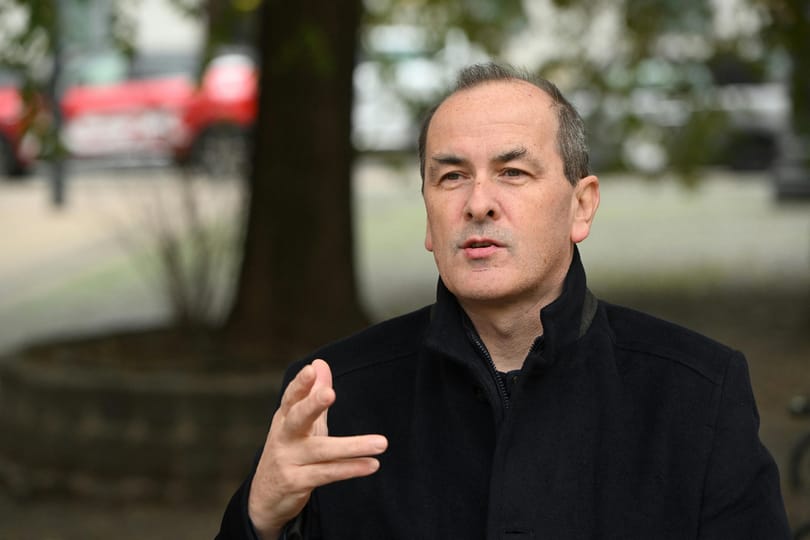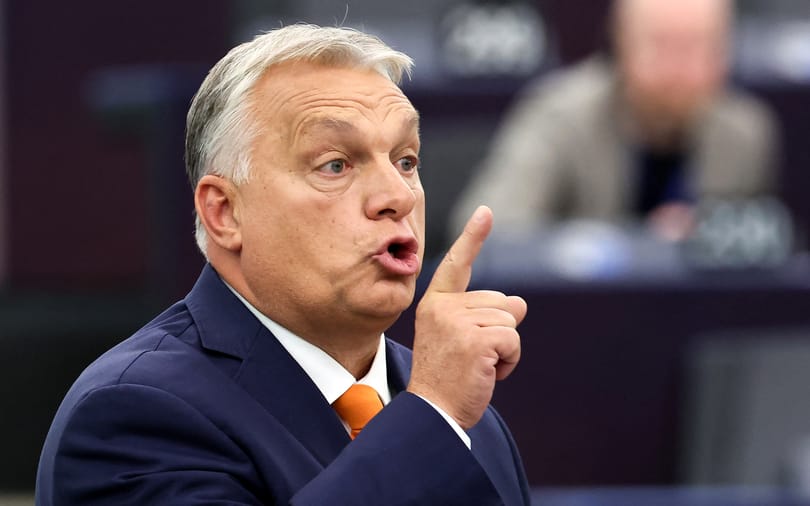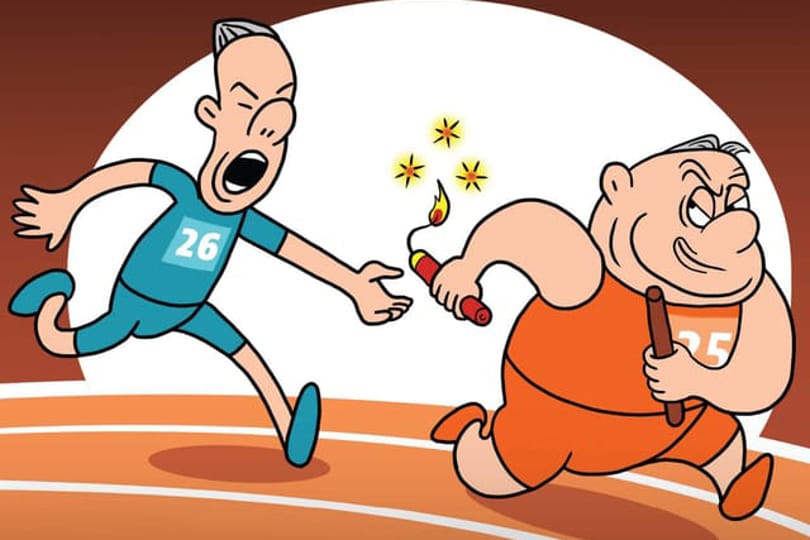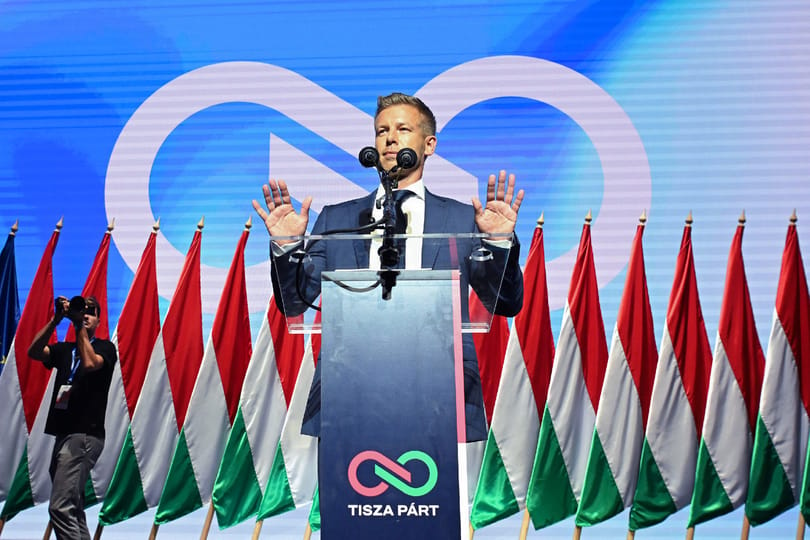Fidesz activists are trying to make a virtue out of necessity: the party leader has stood down as prime ministerial candidate, thereby proving that he is driven not by a lust for power, but by concern for the future of the country. Activists reject the suggestion that Orban stood down faced with the certainty of defeat, and that he was positioning himself to work more effectively in opposition after the elections.
In his tour of the country, Orban is focusing on attacking the Gyurcsany government's supposed deceptions. Everywhere, he has been saying that the Socialists deceived voters, who voted for them without realising the scale of the crisis threatening the country. Voters continue to hope that the Socialists will kepp their election promises, but this is not to be: the Finance Ministry is already drawing up a new budget. Hungarians will shortly face price rises, mass sackings and an exchange rate of HUF300 to the euro.
This is a logical approach for Orban to take. After all, Fidesz voters have no idea what remains of Fidesz's manifesto, or who is their party's candidate for prime minister. (Parties tend not to stick to their manifestos, but it is unprecedented for a PM candidate to stand down between rounds, asking for an advance on voters' trust in the name of his party).
Andras Wermer, who ran Fidesz's campaign in 2002, was right when he told Klub Radio on Friday morning that it is hard to address voters without being able to tell them whom or what they should count on. The only alternative is to criticse the other side. After all, Gyucsany himself demonised Viktor Orban.
One other consideration might have been behind Orban's choice of subject: if, miraculously, Fidesz does manage to agree a coalition deal with the Hungarian Democratic Forum (MDF), then Orban's hands are left untied. In his interview with Inforadio, he confirmed that cutting contributions and simplifying tax procedures remained the centre of his manifesto, but he also said that it would be up to a right-wing government's prime minister to decide on the size of these cuts - and on everything else.
So while Fidesz's concrete proposals are shrouded in mystery, there is no doubt about how Fidesz will behave in opposition. Orban explained his party's strategy in detail. He made it clear that he will be the decisive force. His party will not support spending cuts, and Fidesz will constantly remind voters of the coalition's election promises. The government will be judged on moral, political and technical grounds.
It is hard to tell the future, but if the coalition wins - which seems likely - then there will be a transitional year, during which spending cuts will have a deep impact on the population, even as it waits for EU money to arrive. EU subsidies should be flowing from next year, so long as Brussels does not change its mind. Orban will have a whole year during which he may even be able to bring down the government.
Orban will certainly seize such an opportunity. But plenty of young Turks and pretenders to the throne will come out of the woodwork within his party, who will say that nobody who loses two election can be blameless. Viktor's time is slowly running out.




